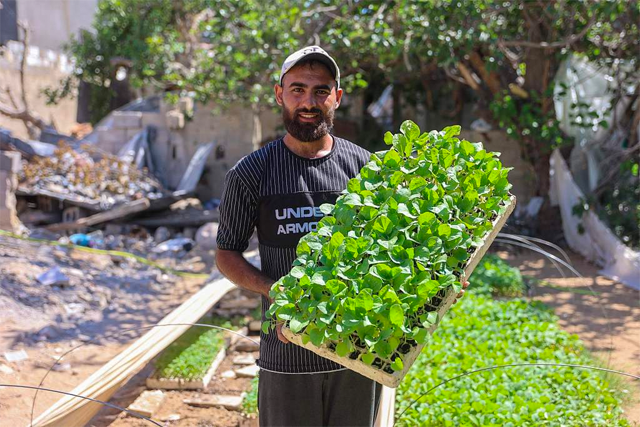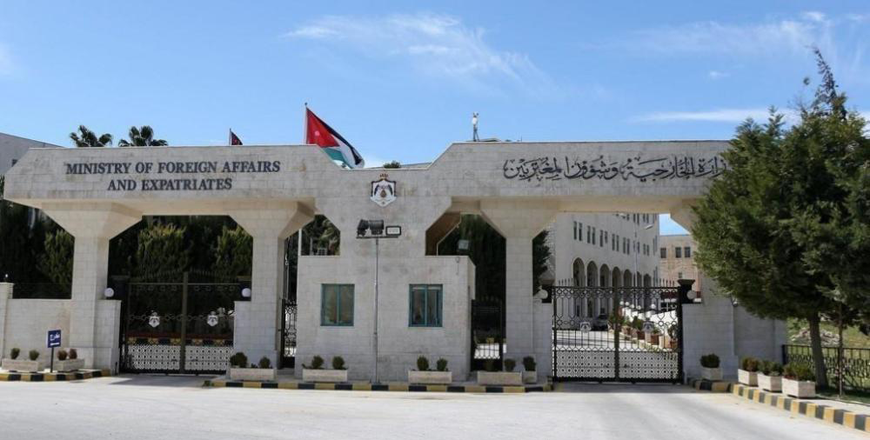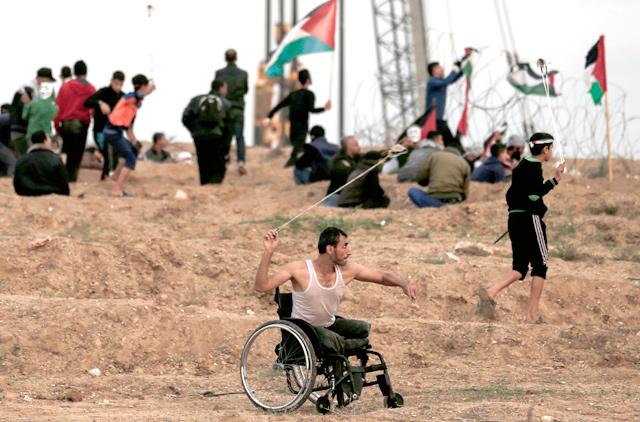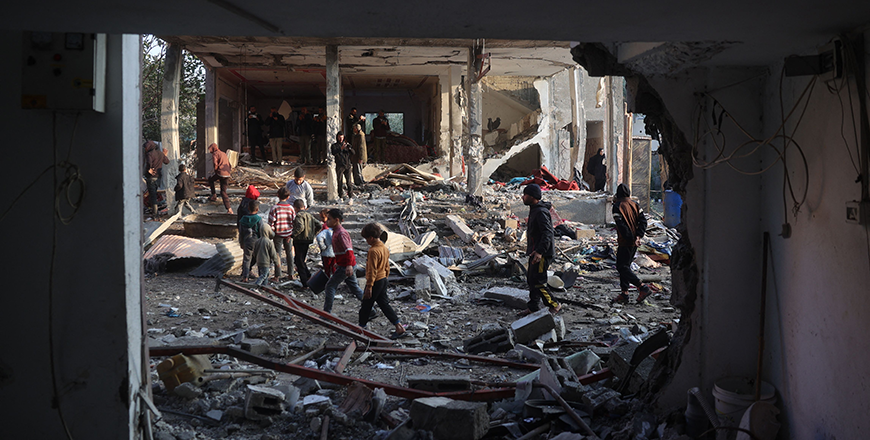You are here
Gaza farmer vows to keep planting amid war-induced famine
By Sara Faqir - Aug 05,2024 - Last updated at Aug 05,2024

Yousef Abu Rabee currently resides in Beit Lahia, located in the northern part of the Gaza Strip, an area known for its agriculture (Photo of Yousef Abu Rabee)
AMMAN — The war on Gaza has inflicted disparities on its people, with famine emerging as the deadliest consequence. Amid this ongoing tragedy, a farmer vowed to continue planting to help out those who desperately need food.
Yousef Abu Rabee, from Gaza City, currently resides in Beit Lahia, located in the northern part of the Gaza Strip. The city is renowned for its agriculture, particularly its irrigation water and fertile soil. Beit Lahia is especially famous for growing strawberries.
Abu Rabee was brought up in a household of farmers who worked tirelessly on their lands and were deeply rooted in them. Driven by his passion for agriculture, Abu Rabee pursued a bachelor’s degree in agricultural engineering.
“Regardless of whether one has a degree, farming is considered the foundation of the family's upbringing,” he said.
Prior to war, living under siege meant facing restrictions on exports and access to essential farming supplies, along with high taxes on agricultural equipment.
Despite the challenging circumstances in northern Gaza today, including hunger, bombing, siege, and continuous attacks, the people maintain hope, determination, and willpower, Abu Rabee told The Jordan Times.
“We were on the verge of starting the strawberry season, which we work hard for all year round. However, with the onset of the war, we could not reach our lands. The ground military operation in the Gaza Strip began in Beit Lahia, and we were displaced from our home on the second day of the war, October 8. We relocated to several places within northern Gaza but refused to move to the south.”
“Our lands were destroyed.”
He later returned to Beit Lahia after multiple displacements. For Abu Rabee, his family, and the residents of Gaza, February and March were the harshest months, marked by severe malnutrition and hunger, forcing most people to eat fodder.
After witnessing bombing, massacres, hunger, and various forms of genocide, the willpower remains strong. Abu Rabee made a promise to himself to continue planting. His father supported him, as well as his brother Amro, who is an agricultural engineering student. They began planting seeds such as jute leaves (mulukhiyah) and zucchini, which were provided to the residents of Gaza for free.
During the holy month of Ramadan, they mainly relied on common mallow (khoubiza). “It was tough”, Abu Rabee recalled.
Recently, they were targeted in the fields by the Israeli forces, and a labourer was injured. Fortunately, he survived his injuries. Despite these challenges, he remains determined to continue his work and keep planting.
Abu Rabee said that his dad told him to keep going, saying, "Those who fear do not live."

Related Articles
AMMAN — Jordan on Sunday strongly condemned Israel's bombing of the Abu Asi School, operated by the United Nations Relief and Works Agency f
BEIT LAHIA — Israeli fire wounded a cameraman for the Associated Press news agency and 24 other Palestinians during protests on Monday north
GAZA STRIP, Palestinian Territories — Gaza's civil defence agency reported Sunday that overnight Israeli strikes across the Palestinian terr

















